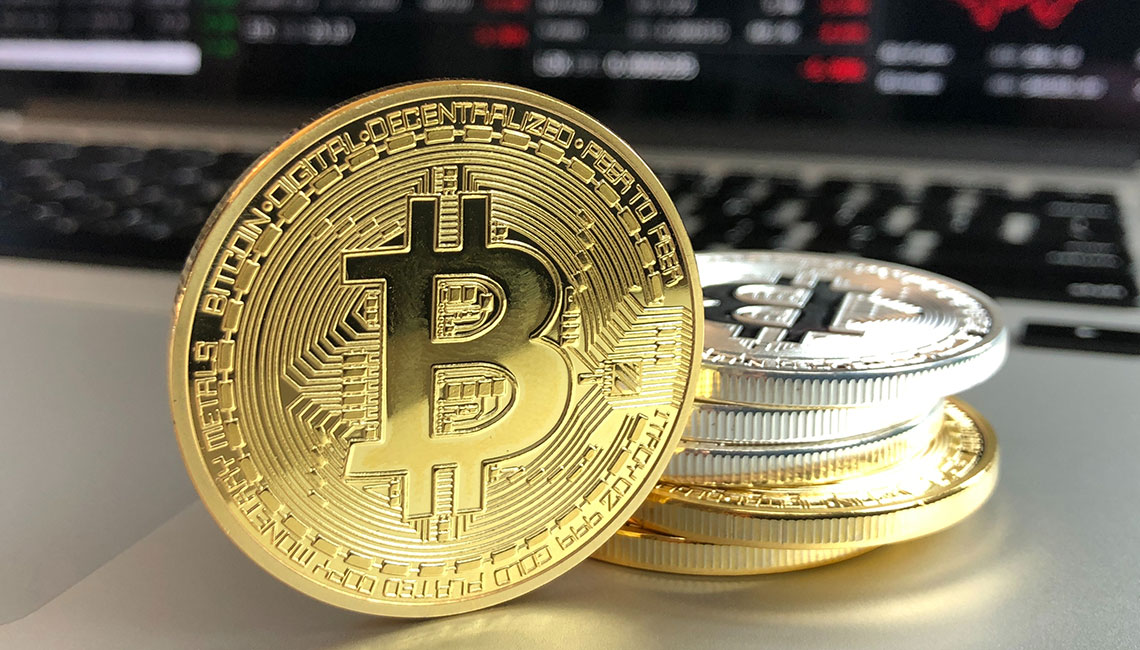(The full podcast originally appeared on MarketScale and can be found here)
Although many futurists and early adopters are fond of blockchain technology, many mainstream economists are skeptical or even cynical. Economists see control of the money supply as a powerful tool, so many are resistant to give it up. Joseph Stiglitz, a Nobel Prize-winning economist, has even proposed banning Bitcoin. On the whole, though, the public perception of this powerful technology seems to be positive, and the mainstream use of it is only going to continue to increase.
What is Blockchain?
The idea behind blockchain originates to 1991. Basically, a blockchain is a running ledger where each “block” has data and a hash. Each hash describes the state of the ledger and each block points to the last hash. Multiple nodes work on a block at the same time, and their results are compared when they complete the block. As a result, if someone were to try and manipulate the system by entering conflicting data their results would be invalidated by a consensus vote. Most cases currently decide this by a simple majority, but will likely continue to improve as time goes on.
The Power of Blockchain Technology
Blockchain isn’t just a new development in the long list of technologies. Blockchain’s power to change the nature of trust and create real efficiency gains gives it the potential to revolutionize how we verify information. If it lives up to this potential, much more information will be traceable and confirmable in the future. Beyond usage as a currency, blockchain can provide utility and create smart contracts, regulate prison economies, and trace educational history. The cost of education, in real terms, has risen faster than anything else in the last decade. Because of this, consumers are seeking additional worth from their investment. Validation and transparency are crucial to ensuring fair competition and help give education more value; ODEM allows both education completion and performance to be put on the blockchain for verification by the community. Although it seems counterintuitive to trust a faceless mass of random people, blockchain provides real efficiency gains by calling each node into question and continuously verifying its own data.
The Future of Blockchain
If blockchain can provide real value, it will continue to see more adoption. Blockchain has already survived past its first generation, and isn’t going to be dying off any time soon. The next generation is created as new technologies utilize the infrastructure built in the first generation, and subsequent generations will likely do the same. While cryptocurrency can be used to pay across international borders, blockchain technology will also help buyers verify the qualification of whom they’re paying. The decentralization of blockchain can break down bureaucratic barriers and facilitate global exchange like no technology has before. This can take down despotic governments because it puts the power in the hands of individuals by giving them control of the money supply. This new, exciting technology is the next big jump in economic integration and increasing quality of life across the globe.


